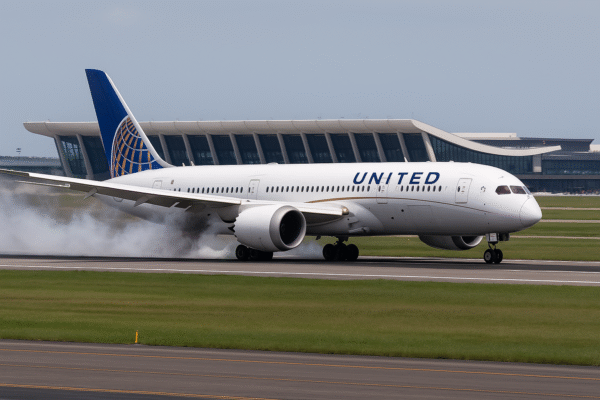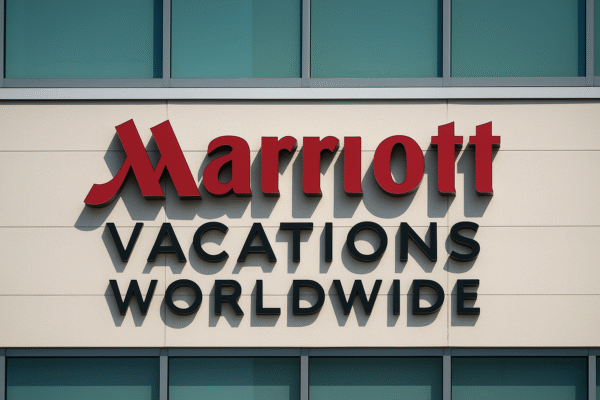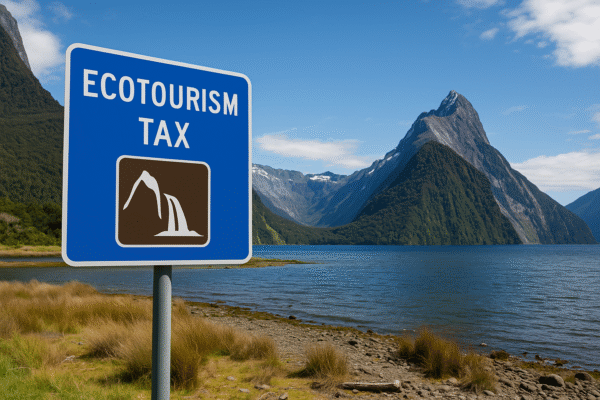Marriott Vacations Worldwide Corporation (NYSE: VAC), a global leader in vacation ownership, has reported a strong earnings beat for the latest quarter, sending a positive signal to investors and the broader travel industry. With updated forecasts showing a promising 2025, the company continues to evolve amid changes in consumer travel preferences and a transforming timeshare landscape.
Despite modest declines in some areas, Marriott Vacations demonstrated resilience and strategic agility, positioning itself to capitalize on a shifting travel market that increasingly demands flexibility, personalization, and digital integration.
📈 Strong Financial Performance and Upbeat 2025 Guidance
Marriott Vacations reported adjusted earnings before interest, taxes, depreciation, and amortization (EBITDA) growth, outpacing analysts’ expectations. The company now projects contract sales to reach $1.83 billion and adjusted EBITDA of up to $780 million for the fiscal year 2025.
These optimistic projections have prompted several Wall Street analysts to revise their ratings and price targets. Most now classify Marriott Vacations as a “Buy,” with an average target price nearly 20% above current levels. This is a notable vote of confidence amid ongoing volatility in global travel trends.
According to data from NASDAQ and Yahoo Finance, Marriott’s price-to-earnings ratio remains lower than the broader leisure travel sector, suggesting more room for growth as investor sentiment strengthens.
👥 Understanding Changing Consumer Behavior in Timeshare
Although overall contract sales dipped slightly—by less than 1%—this dip is mostly attributed to a decline in per-guest volume among existing timeshare owners. New buyer interest, however, remains robust. This trend highlights a broader shift in vacation ownership where seasoned customers are becoming more cautious, and newer demographics are more intentional in their purchase decisions.
This aligns with findings from the American Resort Development Association (ARDA), which notes that millennials and Gen Z buyers increasingly favor experiences over traditional ownership, preferring more flexible options with lower commitment levels.
📉 Challenges in the Interval International Segment
One of the more challenged areas in Marriott’s portfolio is Interval International, the exchange and membership division. This unit saw a decline in both revenue and adjusted earnings, as travelers seek alternatives that offer greater customization and freedom.
As flexible vacation rentals and point-based travel systems become more popular, legacy exchange models are under pressure. Marriott Vacations is aware of this shift and has committed to modernizing Interval’s offerings to stay competitive in a fast-evolving market.
🏖️ Market Resilience and Timeshare Industry Outlook
Despite isolated headwinds, the broader leisure and travel market continues to rebound post-pandemic. According to the U.S. Travel Association, American leisure travel demand remains strong, with approximately 80% of Americans planning at least one leisure trip in 2025.
This bodes well for Marriott Vacations and similar companies rooted in vacation ownership. Their recurring revenue model, paired with a diversified global resort portfolio, offers a cushion against short-term disruptions while providing long-term profitability.
Moreover, Marriott’s move to integrate digital booking platforms and offer hybrid ownership models is in line with customer expectations in a world increasingly shaped by mobile-first travel planning.
🌍 The Future of Vacation Ownership: More Flexible, More Digital
As consumer travel habits evolve, Marriott Vacations is proactively redesigning its strategy to appeal to next-generation travelers. The company has begun piloting point-based systems, flexible check-ins, and bundled vacation experiences that include airfare, excursions, and wellness programs.
By targeting first-time timeshare buyers and offering a broader menu of vacation products, Marriott is not just reacting to market changes—it’s leading them.
This initiative reflects a broader industry push toward “flex-stay” offerings and customizable travel subscriptions, a model gaining traction especially among remote workers and digital nomads.
🛤️ Marriott’s Strategic Roadmap for Growth
The timeshare and vacation ownership market is no longer limited to retirees or families seeking annual beach getaways. Instead, it’s increasingly attractive to younger travelers who value convenience, personalization, and experiential luxury.
To meet these changing expectations, Marriott Vacations is focused on:
- Expanding resort destinations across high-demand regions
- Digitizing customer service and trip planning tools
- Modernizing sales presentations using immersive tech (e.g., VR tours)
- Enhancing loyalty programs to cross-integrate with Marriott Bonvoy
As the brand adapts, it retains its core strength in offering consistent, high-quality resort experiences across North America, the Caribbean, Asia, and Europe.
📌 Final Take: A Promising Horizon for Marriott Vacations
Marriott Vacations Worldwide stands at a transformative moment in its history. With solid financials, strong investor backing, and a willingness to evolve, the company is well-positioned to lead the next chapter of the vacation ownership industry.
While certain legacy operations like Interval International may require strategic updates, the overall outlook remains bullish. Marriott’s success in the coming years will depend on its ability to modernize without compromising on the quality and consistency that has built its brand.
As the travel sector continues to rebound and redefine itself post-pandemic, Marriott Vacations offers a compelling case for growth, innovation, and long-term value in vacation ownership.
For more travel news like this, keep reading Global Travel Wire






















